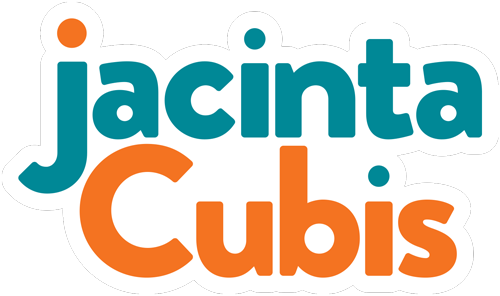Singles at the pub
I watched a tennis match at the pub but there was no court or ball.
Two people batted questions and answers to each other. Four of us watched.
We’d gathered for a chat over a drink on a lazy Sunday afternoon. Instead, we were treated to a back-and-forth match between the two oldest men. I’ll call them Bill and Ben to protect the guilty.
Bill peppered Ben with question after question about his work.
Ben answered. Again and again. They were really enjoying themselves.
We sipped our drinks and shifted in our seats.
We lobbed in an interruption or two, but nothing derailed Bill or Ben.
Pointed stares? Polite coughs? No effect.
With no openings to join in the game, one of the spectators pulled out their phone.
Another looked out the window.
One ambled to the bar.
I wondered how Bill and Ben could keep on playing singles, oblivious to the fact that four of us were courtside, ready to play.
They were having a great game.
They were in flow—great for them, not for the group. They were completely unaware of the impact they were having on us, their friends.
At the time I was as frustrated as my other friends. Now with hindsight, I wonder what it was about their game that was so enjoyable to them?
Maybe Bill was a bit bored in his retirement. Asking Ben about his work might have been a welcome antidote to what his usual conversations about golf, shopping or what to have for dinner.
Maybe Ben was delighted by Bill’s interest in his work. Maybe it had been a long time since anyone had asked him about his job, which he’d been doing for 15 years. Bill’s questions might have reminded Ben why he loved his job.
Who knows? I never will.
My point is that asking ‘what’, not ‘why’, helps me to stop feeling resentful about my experience with Bill and Ben. ‘What’ helps me to get a glimpse of their worlds, even if I’m just guessing.
At my best, this is what I do when I’m facilitating a workshop and a game of singles starts between a Bill and a Ben. I let them play for a bit and see if they notice the impact they’re having on others. Most do. But if not, I’ll interrupt with a few questions like:
What are you noticing about your conversation?
What are you noticing about who hasn’t spoken for a while?
What are you noticing? (simple can be best).
Their response helps to then open up the game of singles to doubles, and ultimately a round robin – a conversation open to all contributions.
I can interrupt in a workshop because of my power as the facilitator. It can be anathema to talk about power and facilitation in the same breath. If I didn’t use my power—or Priya Parker’s ‘generous authority’ here—the game of singles will likely kill inclusion and engagement, and the group won't achieve the purpose of their workshop.
Nobody gave me that power in the conversation at the pub. Sure, I could have assumed it, but everyone needs a day off. And that’s (fl)awesome.
Thanks for reading this far.
Stay (fl)awesome!

